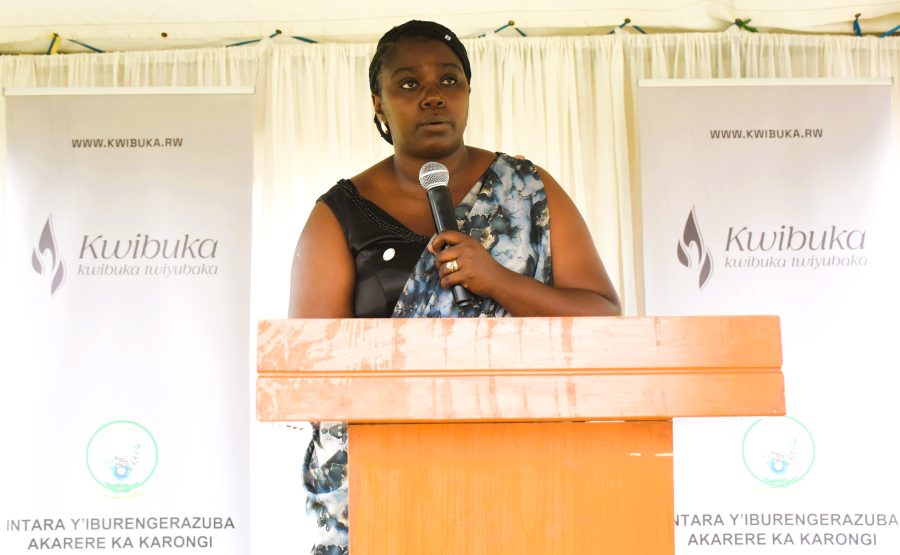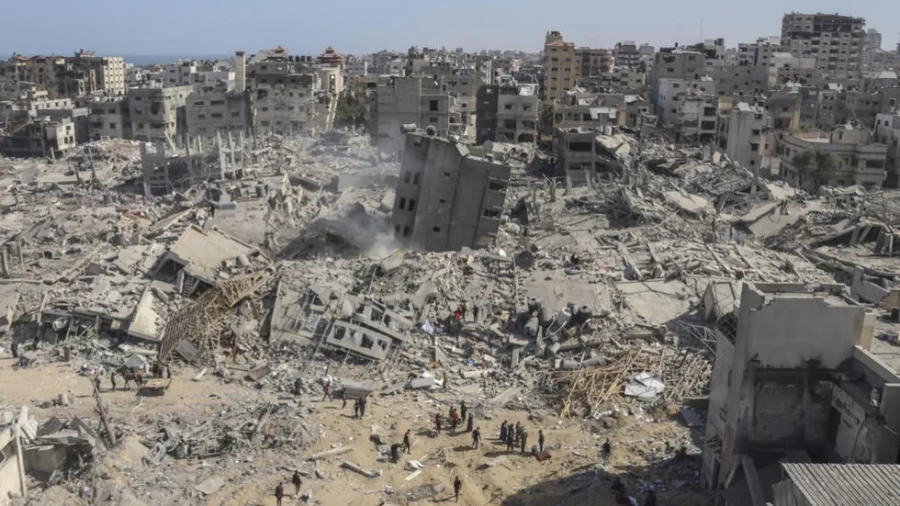Gasabo: Inadequate reproductive health information and services could lead to HIV infection

The citizens of Bumbogo sector of Gasabo District has mentioned that to have access to sexual and reproductive health information and services is still a challenges they are facing, this can lead to HIV infection
Bumbogo Sector records a high number of teenage pregnancies and unwanted pregnancies in all 35 sectors of Kigali City.
Having access to sexual and reproductive health information and services is still a challenge to the citizens of Bumbogo Sector.
75-year old Pauline Mukamuganga, said that her two teenage mothers gave to birth at home adding the born children also gave to birth at the age of 15.
She said that if they had had information about reproductive health, they would not have encountered such a situation.
” If i see my child with a condom , I will see them as a hero because he or she is protecting herself or himself from what happened to my daughters and her children,” she noted.

Using condom is one of the methods for fighting the spread of Sexually Transmitted Diseases, including HIV/AIDS. Condoms are however also used as a Family Planning tool but are so expansive and not accessible easily as mentioned by the citizen of this rural sector.
” When you have 500 Frw you wil buy only 4 pieces of condoms, for us it is so expansive and it is not accessible easily everywhere ” Said by Kamana Claude
According to Rwanda National Policy on Condoms (2005), the availability of condoms was relatively high in urban Rwanda with 93 percent of cells, but it was much lower in rural areas where condoms could be found in 55 percent of the cells.
However in June 2016 Rwanda have Launched “24/7 Condom Distribution Kiosks Initiative” which help the residents of the city of Kigali to have access to free condoms 24/7 via a network of “condom kiosks.”
The kiosks have been strategically placed throughout the city in districts frequented by those at a higher risk of HIV infection, such as young people and commercial sex workers. The move is part of the government’s broader effort to promote HIV prevention and curb new infections.
The sexual and reproductive health and rights service is free in all health centers in the country. This service is also available in every village in Rwanda for community health workers, as said by Eliphaz Karamage, adolescent health worker at Rwanda Biometric Board-RBC).
He urges parents to encourage their children to access reproductive health and counseling services because they are free.
Yvonne Banamwana, Data Manager at the Gasabo District health unit urges citizens to avoid rumours and rather access their reproductive health services to protect themselves during sex in order to fight against unwanted pregnancies and HIV.
Rwanda NGO Forum on HIV/AIDS and Health Promotion (RNGOF on HIV/AIDS & HP) Chairperson, Bernard Muramira affirms that access to health care is a basic human right, and therefore the community should always access information about reproductive health, HIV prevention, etc.
Muramira reminded that covid-19 should not make citizens forget that HIV/AIDS is still a threat.
He urged citizens who are ashamed to wear or carrying a condom saying instead of being ashamed of carrying a condom, I would be ashamed to die.”
Muramira said their umbrella of 138 NGOs carried out campaigns in every district sensitizing young people about preventing teenage pregnancy and tackling HIV/AIDS, during the campaign they are serving condoms so that the citizens could not complain its accessibility.
The forum also is enlightening the citizens how it works with authorities responsible for mitigating the spread of the virus.
Last year, 19,701 teenage girls from all over the country gave birth between January and December 2020 according to statistics from the Ministry of Gender and Family Promotion (MIGEPROF). According to Gasabo District, more than 420 teenage girls were Impregnated in 2020-2021.
Rwanda has estimated that over 220,000 people are HIV positive out of an estimated 12 million total population with a prevalence of 3% nationwide and the highest numbers being in Kigali with over 54,000 cases.
The ambitious 95-95-95 strategy, announced by UNAIDS in 2014, aims at ending the AIDS epidemic by 2030 by achieving 95% diagnosed among all people living with HIV (PLHIV), 95% on antiretroviral therapy among diagnosed, and 95% virally suppressed among treated.
Rwanda is at 86% on the first target and that is where more work is needed, but has also surpassed the second target (97%) and at 90% on the third target.


